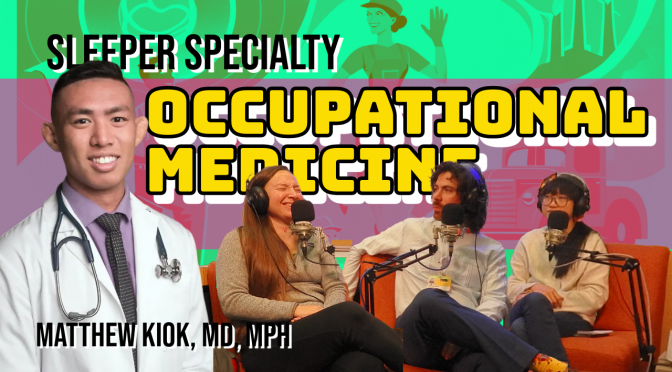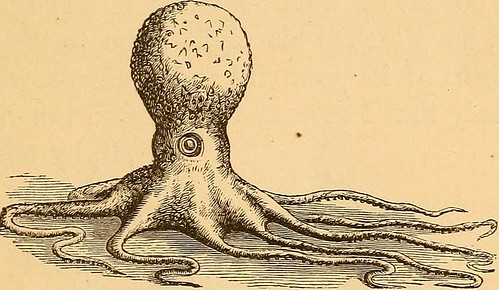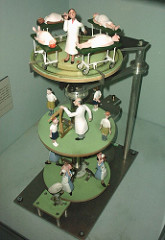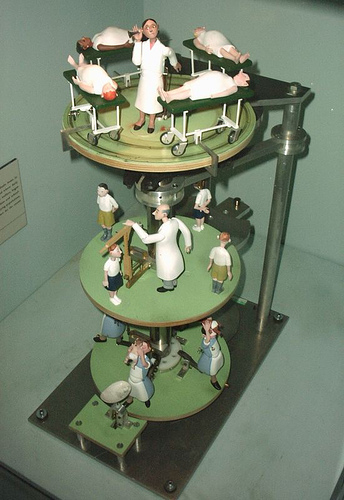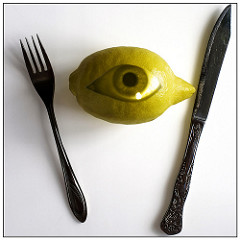Podcast: Play in new window | Download (Duration: 55:18 — 77.3MB)
Subscribe: Spotify | RSS | More
Occupational Medicine offers a great lifestyle, scope mix, and early-career satisfaction
Matthew Kiok, MD, MPH tells us he’s found the perfect specialty. Occupational Medicine is one of those careers we’re exploring in our sleeper specialty series–those which you might not immediately think of when you’re considering a career as a physician. Dr. Kiok tells M1 Fallon Jung, PA1 Julie Vuong, and M2 Jeff Goddard that he has great work-life balance and a satisfying scope of practice. He makes a difference in peoples’ lives by keeping them safe in their workplaces or assessing work-related injuries, even testifying as an expert in court. His experiences highlight the unique challenges and rewarding moments in his chosen career and insights into the complicated relationship between doctors, employers, and employees. He offers advice to those considering a similar career path–and he even gave us his email address if you want to ask him more about it! What a guy!
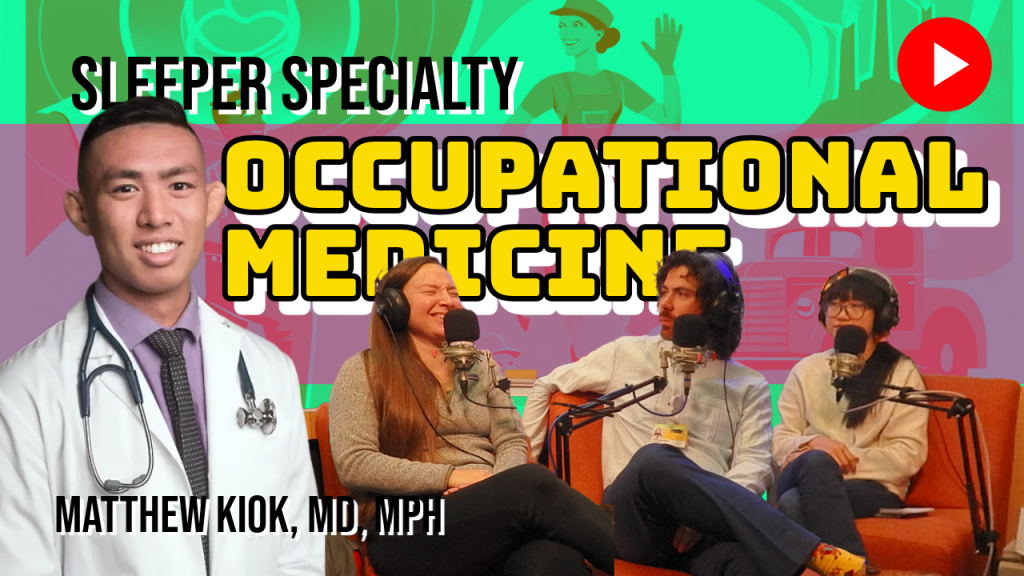
More about our guest:
- Oasis Occupational Medicine: https://www.oasislv.org/
- Email Dr. Kiok with your questions: mkiok@oasisLV.org
- American College of Occupational and Environmental Medicine: https://www.acoem.org/
We Want to Hear From You: YOUR VOICE MATTERS!
We welcome your feedback, listener questions, and shower thoughts. Do you agree or disagree with something we said today? Did you hear something really helpful? Can we answer a question for you? Are we delivering a podcast you want to keep listening to? Leave a message at 347-SHORTCT (347-746-7828) and we’ll put your message in a future episode (use *67 to be an “Unknown caller”). Or email theshortcoats@gmail.com.
We want to know more about you: Take the Listener Survey
Continue reading The PERFECT specialty? Occupational Medicine ft. Matthew Kiok, MD, MPH
